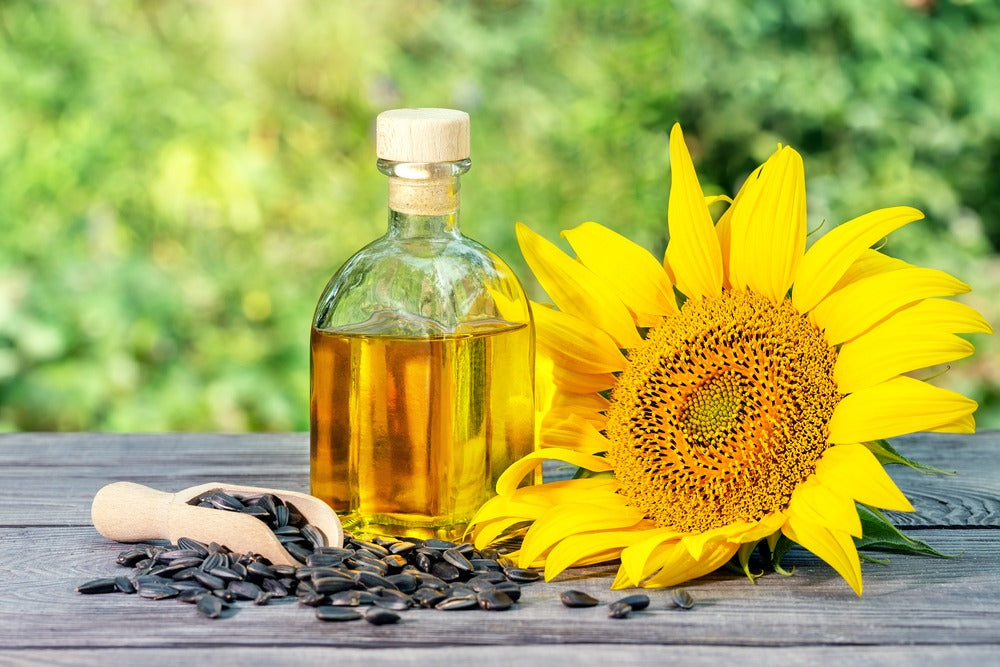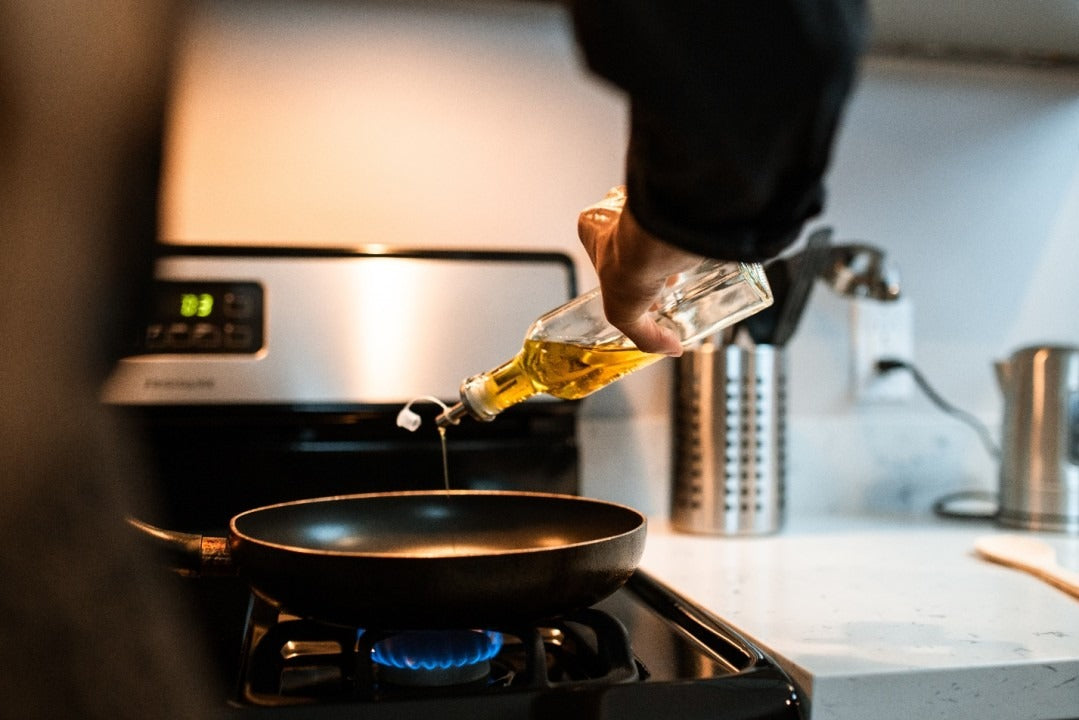Ever pondered, how is canola oil processed and refined before it finds its way into your kitchen? Many culinary enthusiasts and professionals alike marvel at the meticulous processes involved in creating this versatile cooking oil. Lets unravel the steps behind the scenes of canola oil production.

Understanding Canola Oil
Canola oil, derived from the seeds of the canola plant, is celebrated for its light taste, high smoking point, and numerous health benefits. But before it becomes a kitchen staple, it goes through several crucial processing steps.

Step-by-Step Processing of Canola Oil
1. Seed Cleaning
The journey of canola oil starts with cleaning the harvested canola seeds. During this phase, unwanted materials like plant debris, soil, and other impurities are removed using mechanical processes. Only pure canola seeds proceed to the next stage.
2. Conditioning and Cooking
After cleaning, the seeds are conditioned and cooked. This step involves heating the seeds to a precise temperature to facilitate efficient oil extraction. Conditioning prepares the seeds for the pressing process.
3. Pressing
Then comes pressing, also known as expeller pressing. This mechanical process involves crushing the seeds to extract the oil. The resulting oil is collected, while the leftover seed material, known as canola meal, is often used in animal feed.
4. Solvent Extraction
Although pressing extracts a significant amount of oil, some oil remains in the canola meal. To maximize the yield, a solvent extraction method is employed, usually using hexane. This solvent extracts the remaining oil, which is then purified through heating.
5. Refining
The final extracted oil undergoes refining to eliminate impurities and achieve the desired quality. This involves steps like degumming (removing gum impurities), neutralizing (removing free fatty acids), bleaching (removing color pigments), and deodorizing (removing odorous compounds).

The Importance of Refining
Refining is essential to ensure that canola oil is safe and pleasant for cooking. This process removes potential undesirable substances, resulting in a final product that is visually appealing and suitable for high-heat cooking.

Health Benefits of Canola Oil
Canola oil boasts several health benefits. It is rich in monounsaturated fats, which can support heart health, and is a good source of omega-3 fatty acids. Moreover, it has a lower saturated fat content compared to other cooking oils, making it a heart-friendly choice.
Sustainability in Canola Oil Production
Modern canola oil processing methods prioritize sustainability. The industry is making concerted efforts to reduce its environmental impact by minimizing waste and adopting energy-efficient practices. By utilizing by-products like canola meal and investing in green technologies, the production process aims to safeguard both health and the planet.
FAQs
1. What is the origin of canola oil?
Canola oil is derived from the seeds of the canola plant, a cultivated variety of the rapeseed plant. Its development focused on creating a plant with low levels of erucic acid and glucosinolates, making it safe for consumption.
2. Is canola oil suitable for all types of cooking?
Yes, canola oils high smoking point makes it versatile for various cooking methods, including frying, baking, and sauting. Its mild flavor also makes it ideal for dressings and marinades.
3. How does canola oil compare to olive oil?
While both canola and olive oils are healthy options, they differ in flavor and fat composition. Olive oil is richer in antioxidants and has a stronger taste, while canola oil has a higher smoking point and subtle flavor, making it adaptable to different cooking techniques.
Curious for more insights? Explore our comprehensive guide on processing steps and learn about the health benefits and sustainability measures of canola oil production.
For additional kitchen tips, check out this helpful article on Molly Maid's Kitchen Clean.
As an Amazon Associate, I earn from qualifying purchases.






Leave a comment
This site is protected by hCaptcha and the hCaptcha Privacy Policy and Terms of Service apply.